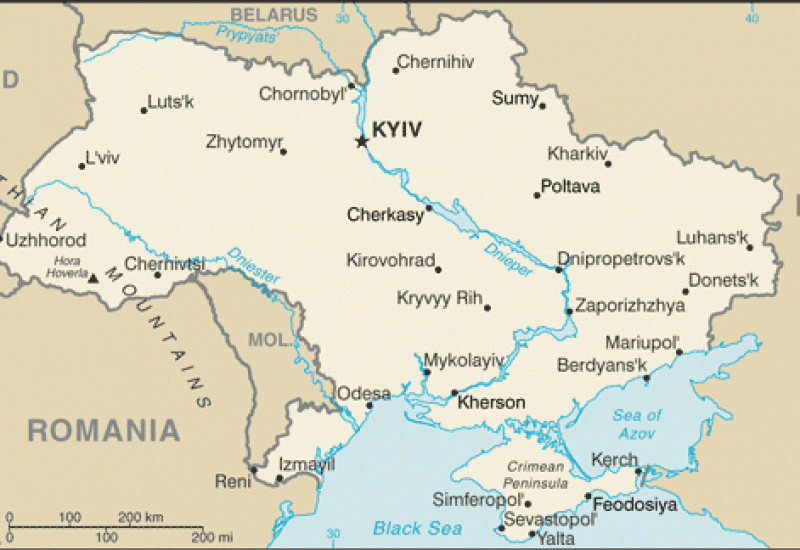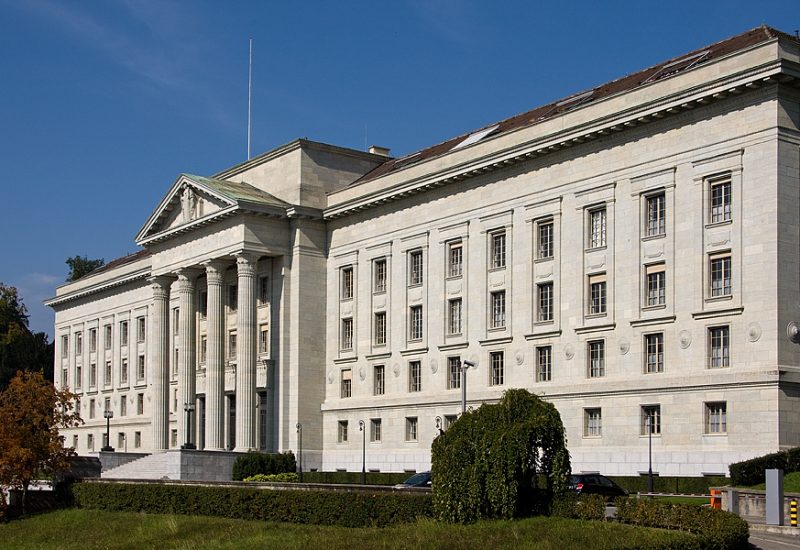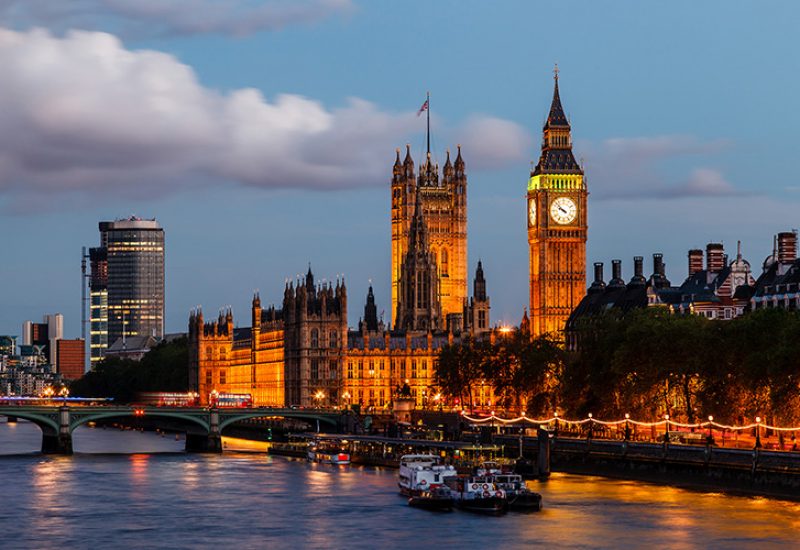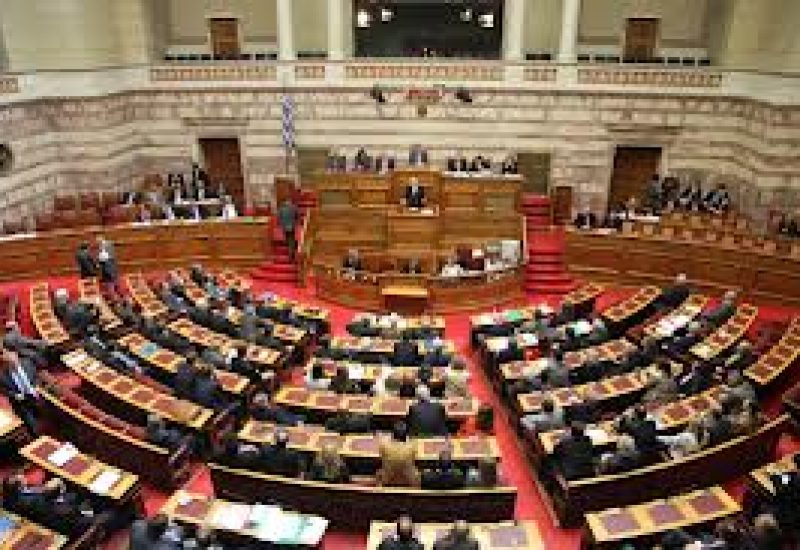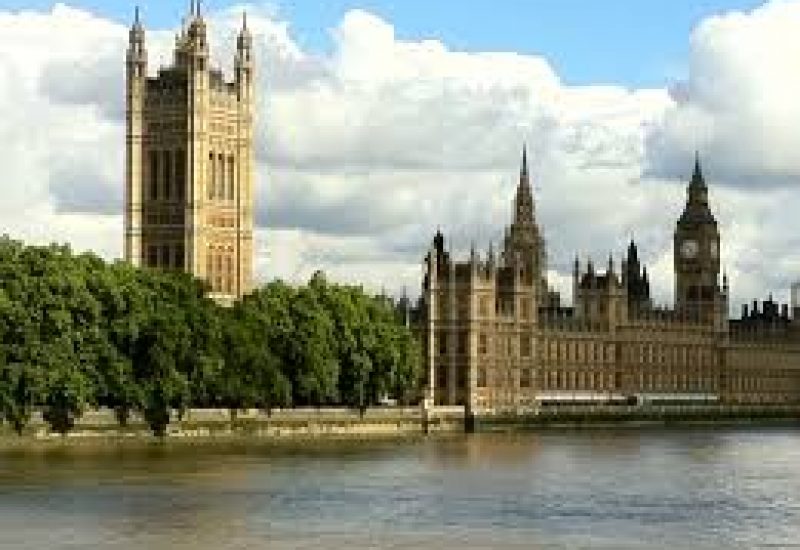- May 7, 2014
- 10:30 am
- Constitutional Change
by Annemarie Stomp, Research intern with the State of Emergency Project and Prof. Dr. Andrej Zwitter, University of Groningen.
Ukraine remains unstable and might be facing a civil war. On the 16th of March, based on a referendum Crimea separated itself (at least de facto) from the Ukraine and the Russian State Duma ratified an agreement that makes Crimea part of the Russian Federation. Subsequently, armed groups began seizing government buildings also in the eastern part of Ukraine. By the 16th of April, protesters controlled administrative buildings in eight cities of the Donetsk Oblast.
